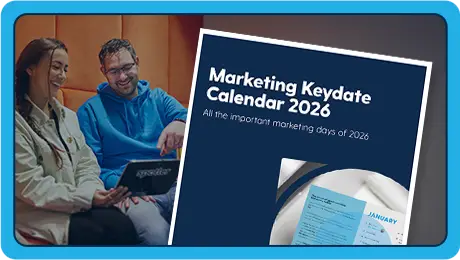 Maslow described 5 stages of needs in hierarchical order:
Maslow described 5 stages of needs in hierarchical order:
- Physiological Needs:- These include the basics of food, water, clothing and shelter
- Safety and security: – These include health, employment, property, family and social stability
- Love and belonging:- These include friendship, family, intimacy, sense of connection
- Self Esteem:- These include Confidence, achievement, respect of others the need to be unique
- Self Actualisation:- These include morality, creativity, spontaneity, purpose and inner potential
 Self Esteem:- With more time on our hands our need for external validation is even more important. Some luxury brands may feel it isn’t a time to communicate – but actually now is the time to engage more. Many luxury brands, instead of pushing sales are using digital platforms to engage with consumers. It is well documented that many luxury brands may lose sales during a crisis, but bounce back very quickly afterwards.
Salvatore Ferragamo are using their own heritage and rich storytelling to engage on social platforms. They have also launched the Trivia digital project where they ask users to test their knowledge of the brands history and products.
Self Esteem:- With more time on our hands our need for external validation is even more important. Some luxury brands may feel it isn’t a time to communicate – but actually now is the time to engage more. Many luxury brands, instead of pushing sales are using digital platforms to engage with consumers. It is well documented that many luxury brands may lose sales during a crisis, but bounce back very quickly afterwards.
Salvatore Ferragamo are using their own heritage and rich storytelling to engage on social platforms. They have also launched the Trivia digital project where they ask users to test their knowledge of the brands history and products.
 Self actualisation:- In times of a crisis many consumers who get to this stage are spurred to take action. This is where consumers are looking to give back and improve their world. This is not just about donating money – this is about doing good. And many brands have been seen to communicate how their charitable efforts are helping at a time of need.
The founder of Spanx is donating $5m to help female business women struggling during the pandemic. They have also partnered with True Story Brands to launch Frontline Dine, which is an initiative to deliver meals to workers at Children’s Healthcare of Atlanta
Self actualisation:- In times of a crisis many consumers who get to this stage are spurred to take action. This is where consumers are looking to give back and improve their world. This is not just about donating money – this is about doing good. And many brands have been seen to communicate how their charitable efforts are helping at a time of need.
The founder of Spanx is donating $5m to help female business women struggling during the pandemic. They have also partnered with True Story Brands to launch Frontline Dine, which is an initiative to deliver meals to workers at Children’s Healthcare of Atlanta

